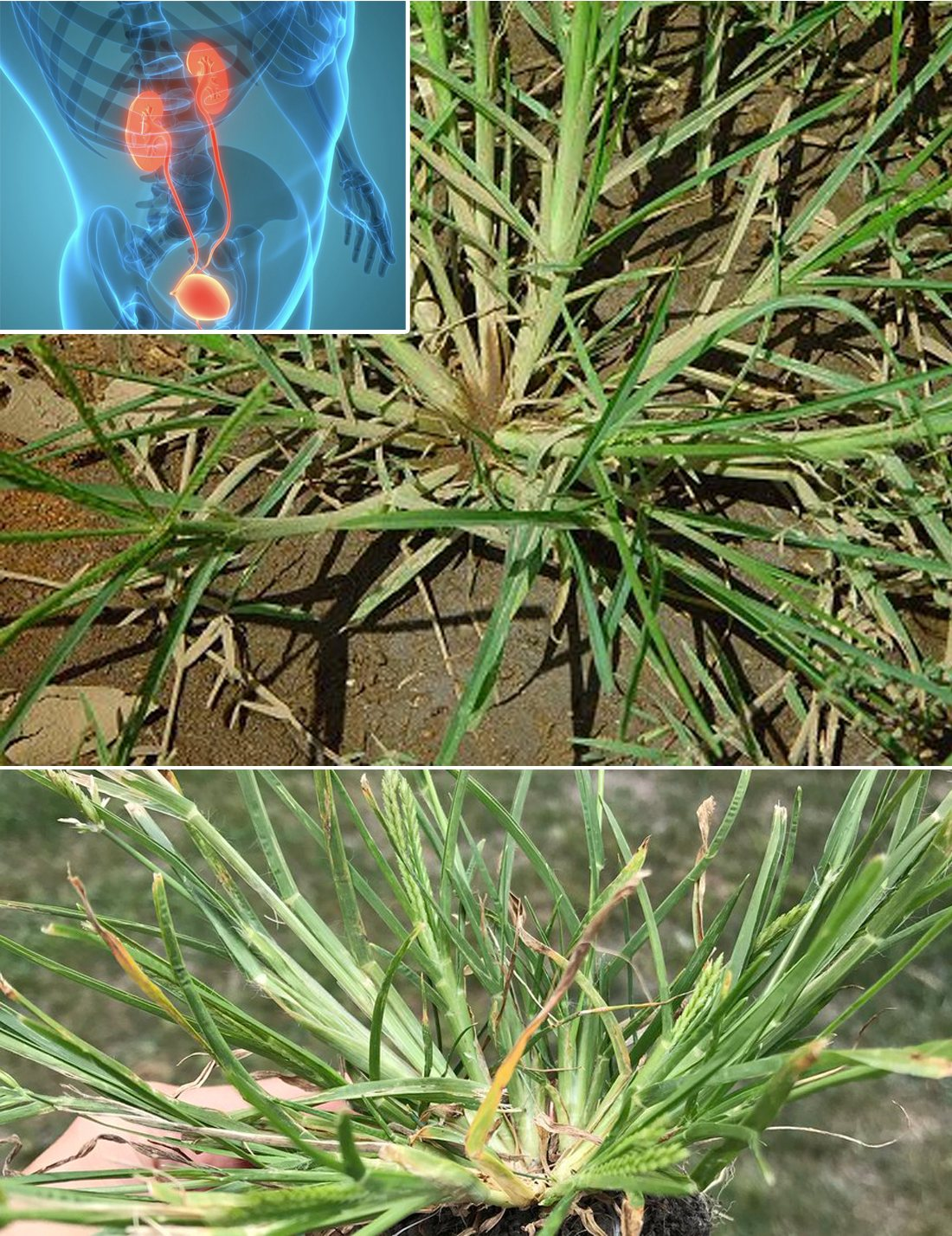Goose grass is a resilient and often underestimated herbaceous plant that goes by many names – cleavers, bedstraw, or Galium aparine. Found thriving in the nooks and crannies of gardens, fields, and woodlands, goose grass is packed with a plethora of benefits for both health and garden alike.
When it comes to health, goose grass has been a part of traditional medicine for centuries, valued for its diverse therapeutic properties. As a botanical ally, it offers more than meets the eye, both in terms of wellness and horticulture.
Health Benefits Of Goose Grass
1. Detoxification Dynamo
Goose grass has earned its stripes as a natural detoxifier. Its diuretic properties can help flush toxins from the body, supporting kidney function and promoting overall detoxification. The herb’s cleansing action makes it a valuable addition to herbal teas or detox drinks.
2. Lymphatic Support
The lymphatic system plays a crucial role in maintaining immune function and overall well-being. Goose grass is believed to be a lymphatic tonic, assisting in the removal of waste and aiding lymphatic circulation. This makes it a potential ally in supporting the body’s immune defences.
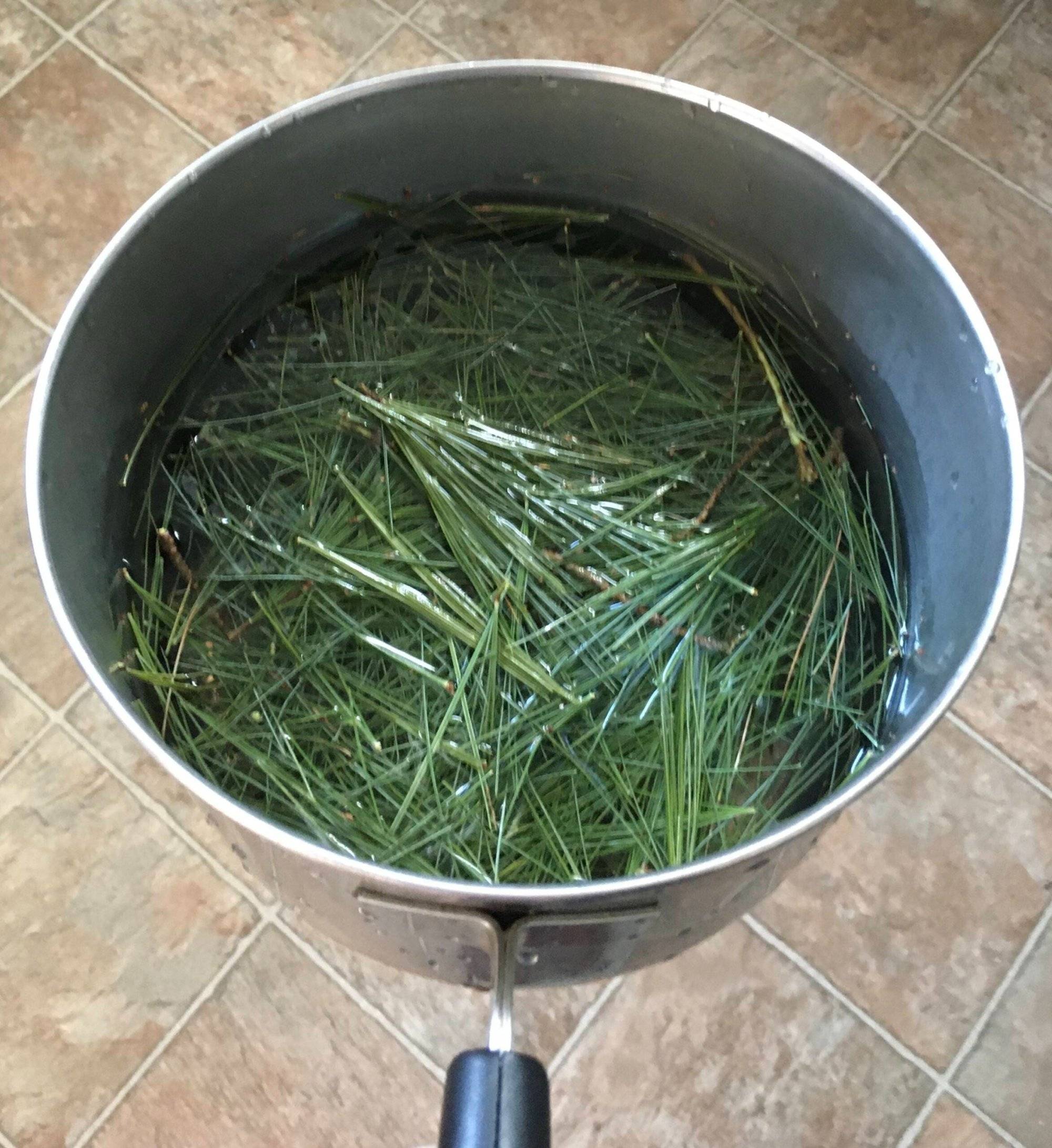
- Pin It
3. Skin Soother
Traditionally, goose grass has been used to alleviate skin conditions. Its anti-inflammatory properties may help soothe irritated skin, making it a natural remedy for conditions like eczema or psoriasis. Preparations such as salves or poultices can be applied topically for these benefits.
4. Digestive Aid
For centuries, goose grass has been employed as a digestive aid. The herb’s gentle laxative properties can help ease constipation and promote a healthy digestive system. As a mild diuretic, it may also aid in alleviating bloating and water retention.
5. Nutrient Rich
Surprisingly, goose grass is a nutrient powerhouse. Packed with vitamins and minerals, including vitamin C, vitamin A, and iron, it contributes to overall nutritional intake. Incorporating it into salads or juicing can offer a nutrient boost.
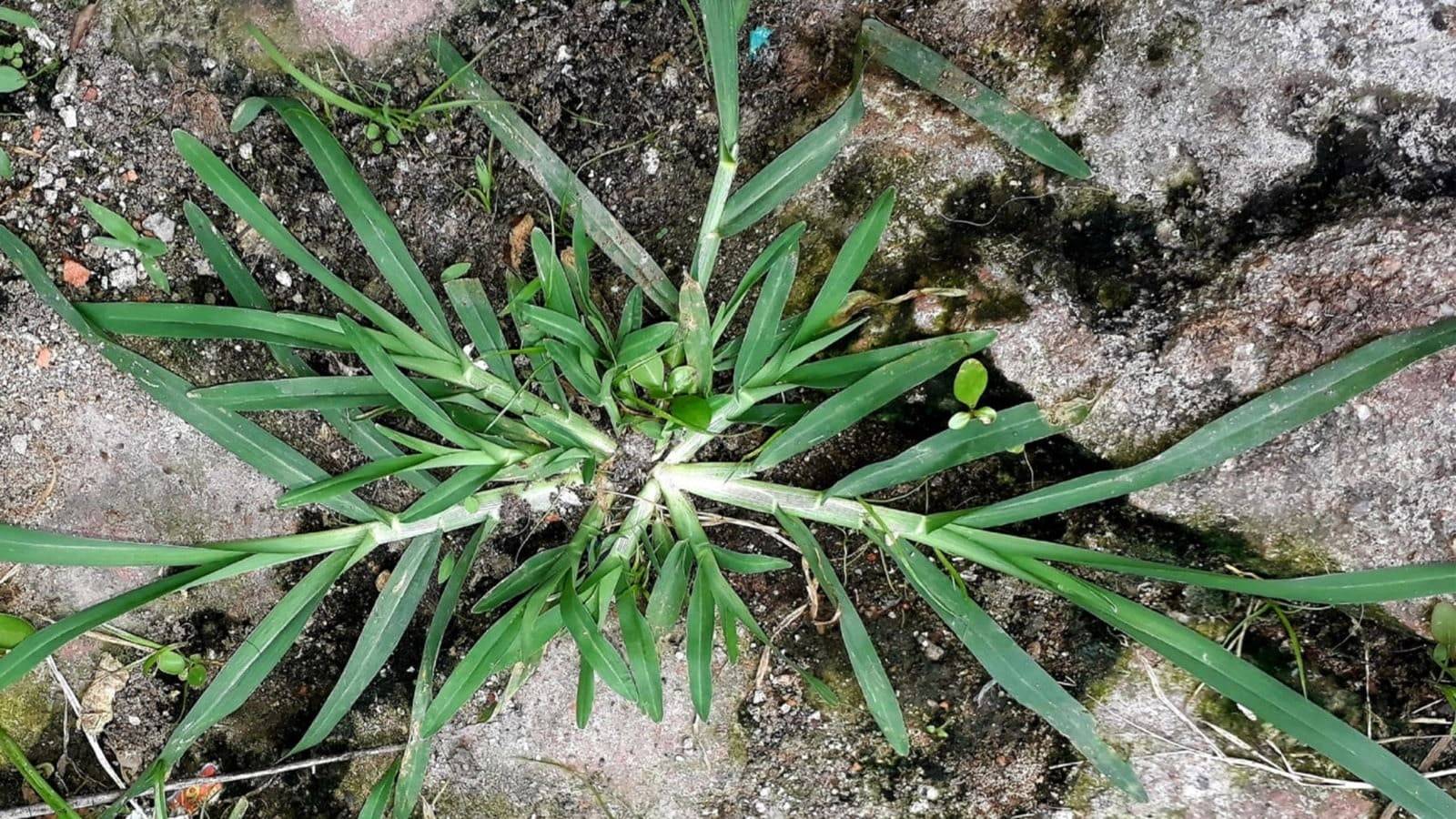
- Pin It
Benefits For The Garden
1. Natural Mulch And Compost Material
You can embrace goose grass as a beneficial addition to your compost. Its green, fast-growing nature makes it an excellent green component, adding nitrogen to the compost pile. Additionally, when used as mulch, it can help suppress weeds and retain soil moisture.
2. Bioindicator For Soil Health
The presence of goose grass can serve as a bioindicator for soil health. This plant is known to thrive in nitrogen-rich soils. Thus, its abundance may indicate favorable conditions, and conversely, its absence may suggest nitrogen deficiencies.
3. Erosion Control
The intertwining, adhesive nature of goose grass makes it useful for erosion control on slopes or areas prone to soil erosion. Its ability to quickly cover and stabilize the ground can be beneficial in preventing soil loss.
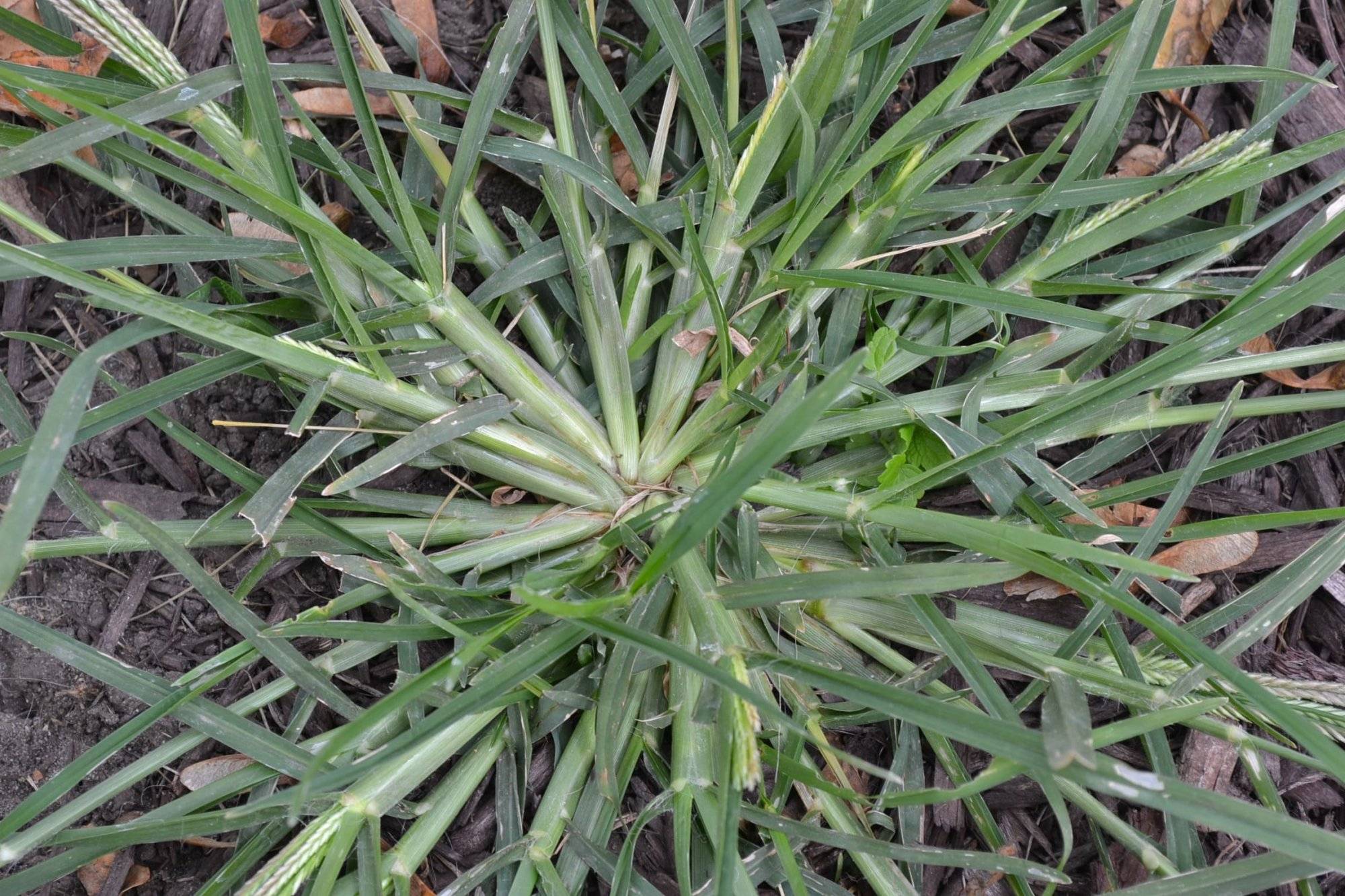
- Pin It
4. Wildlife Habitat
Goose grass can be a contributor to biodiversity. Its dense growth provides shelter for small insects and other wildlife. Additionally, the plant’s seeds are a source of food for birds, contributing to the ecological balance of your garden.
FAQS
1. Can I Consume Goose Grass Raw?
While goose grass is edible and has a history of use in salads and teas, it’s crucial to ensure that it’s harvested from clean, pesticide-free areas.
2. Is Goose Grass Safe For Pets?
Generally, goose grass is safe for pets. However, as with any plant, it’s advisable to monitor your pets and consult with a veterinarian if you observe any unusual behavior.
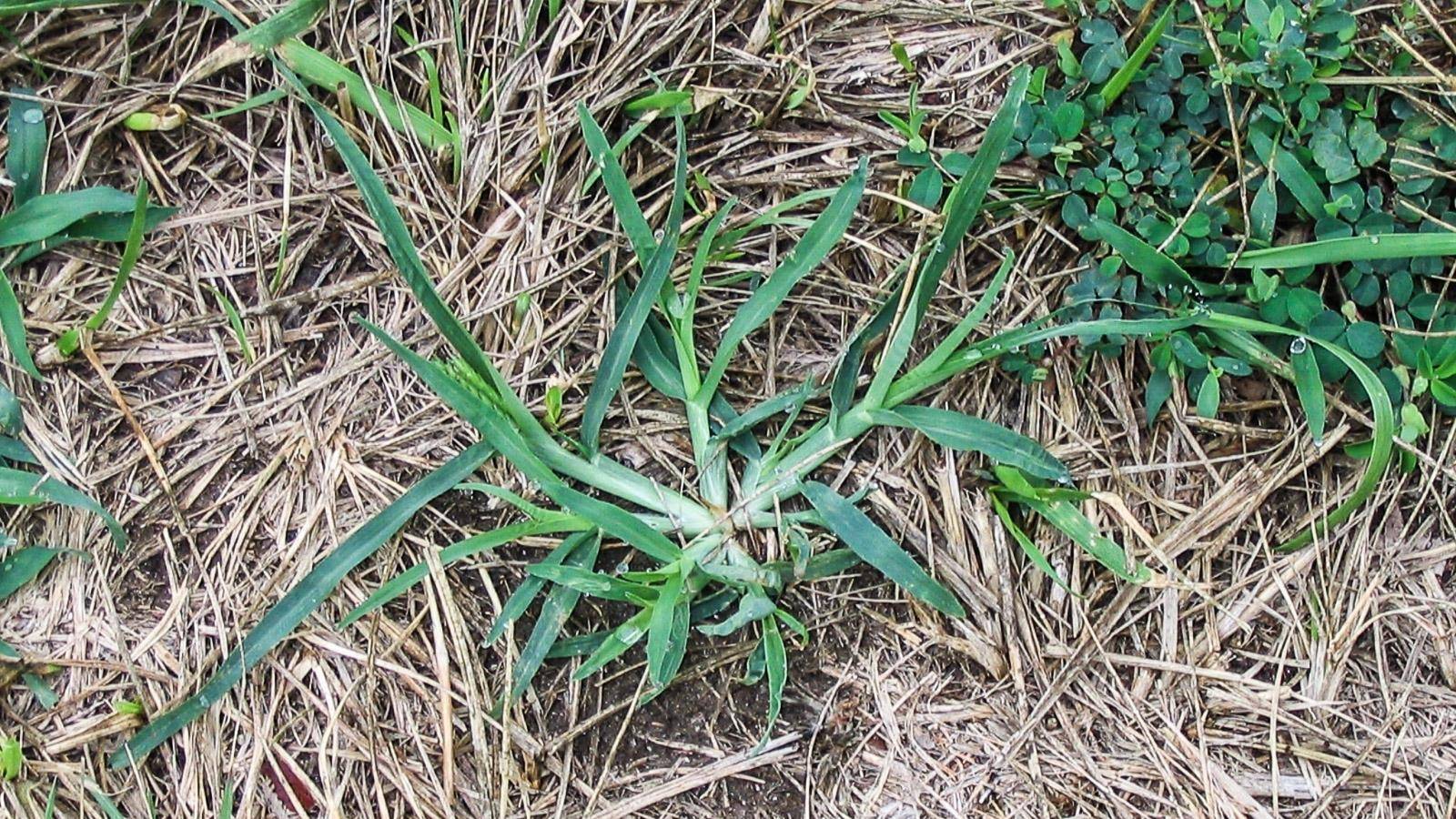
- Pin It
3. Can I Use Goose Grass If I’m Pregnant?
Pregnant individuals should exercise caution with herbal remedies. It’s advisable to consult with a healthcare professional before incorporating goose grass into their routine.
Disclaimer
The information provided here is for general informational purposes only and should not be considered as professional advice. We suggest you consult with a healthcare professional or a qualified gardener before using goose grass for medicinal or gardening purposes, especially if you have underlying health conditions or specific gardening needs. Always ensure accurate plant identification before consumption or use.
While some may dismiss goose grass as a mere weed, its versatility and advantages make it a plant worth exploring. So next time you encounter it, instead of removing it, think of it as a nature gift with potential benefits for your well-being and your garden.
